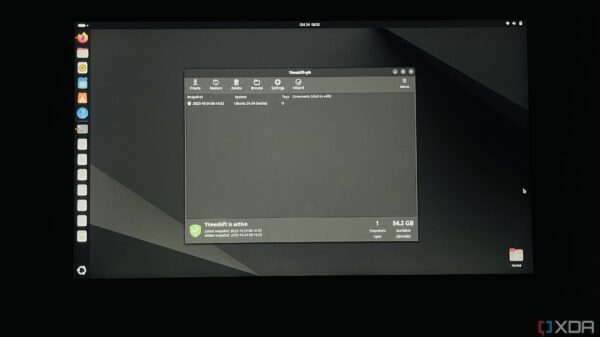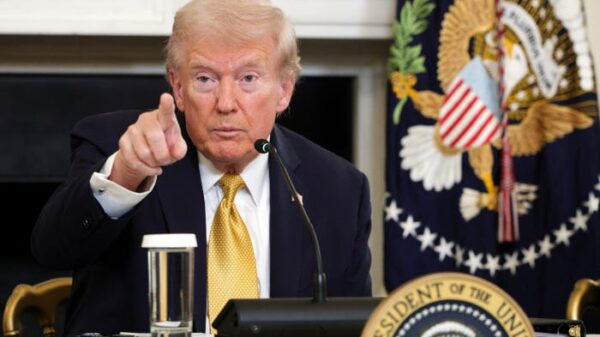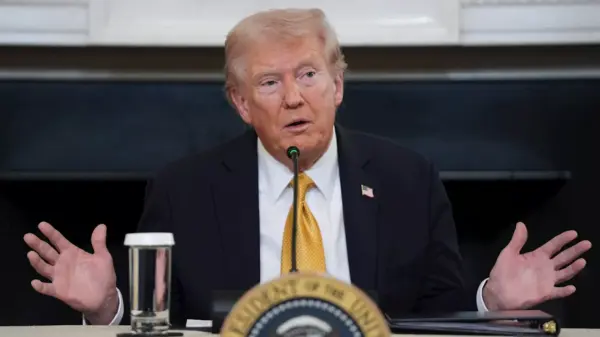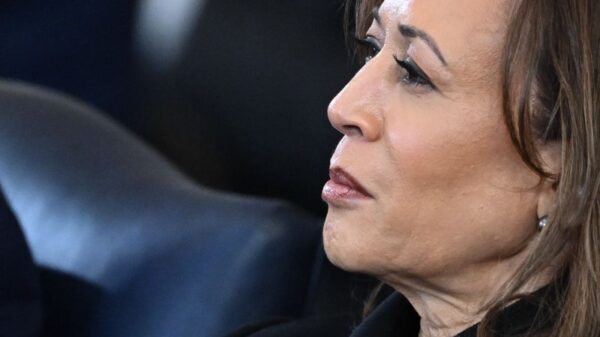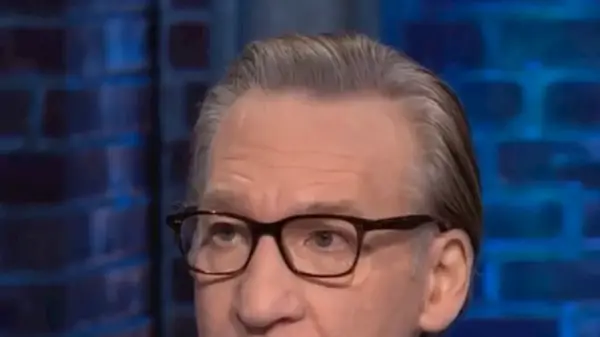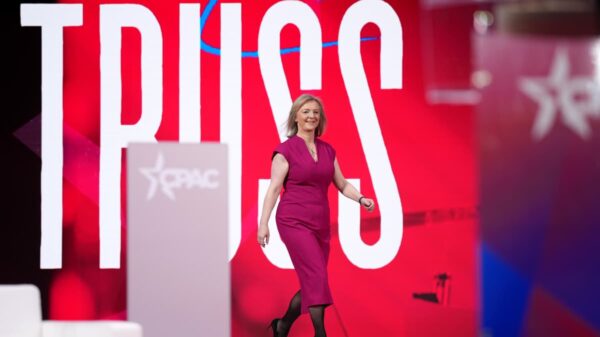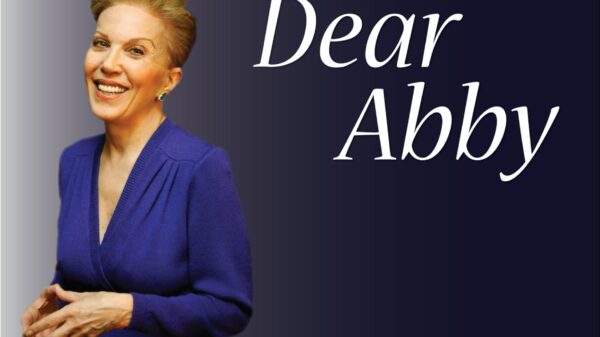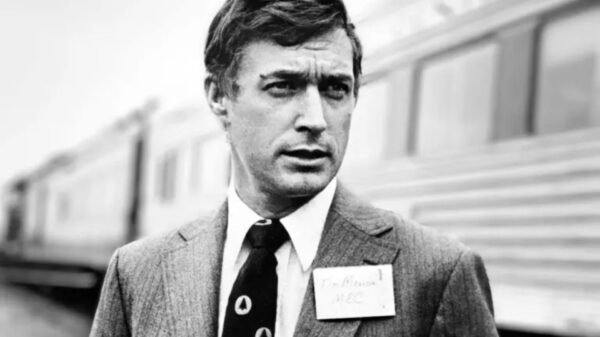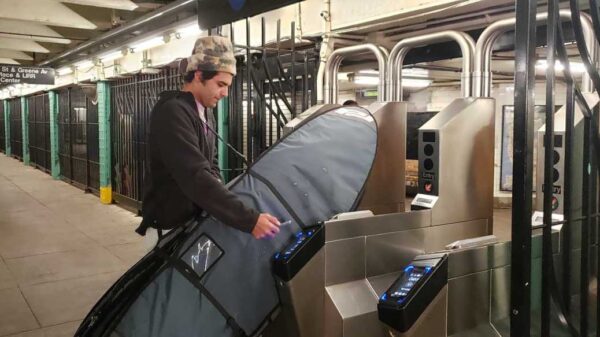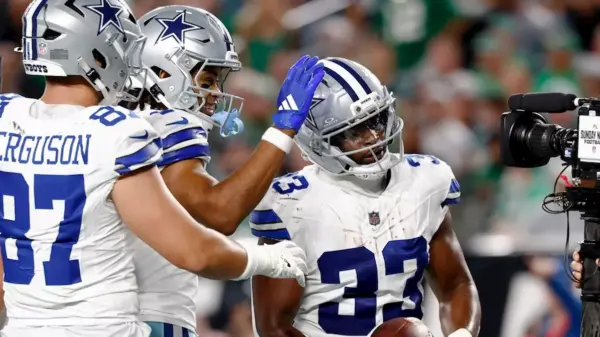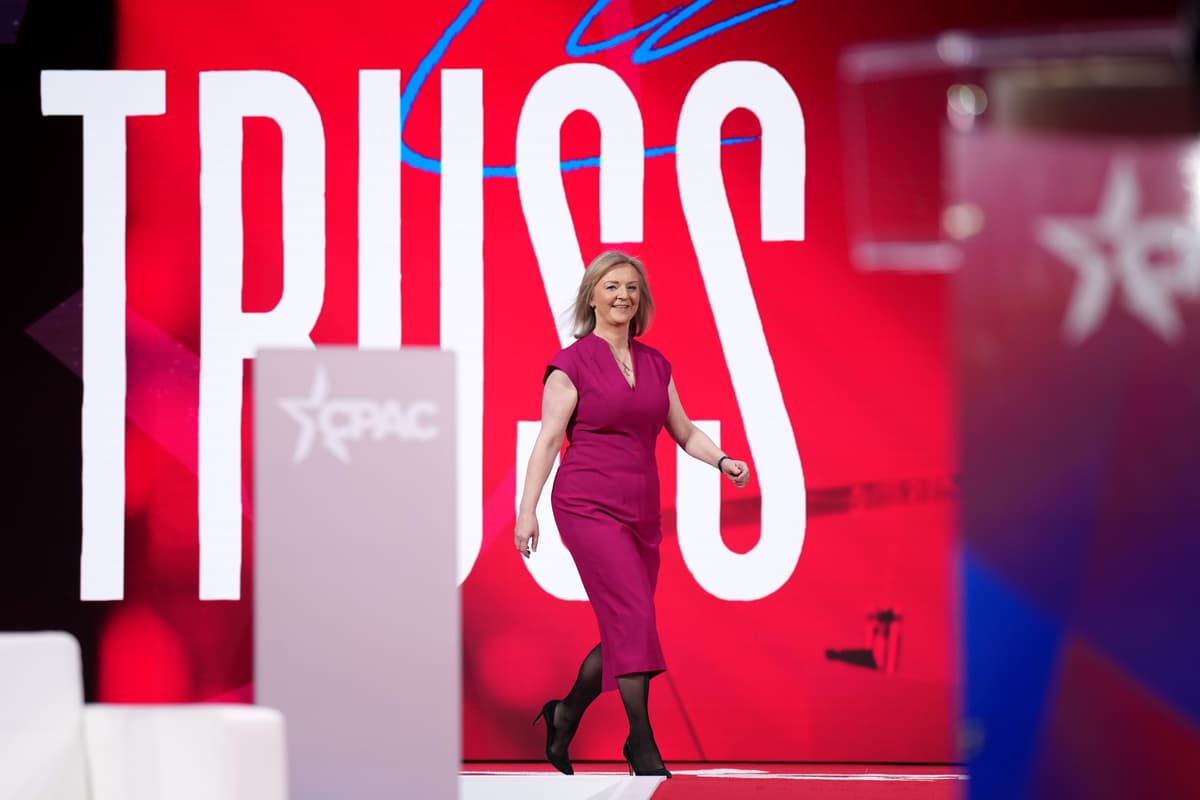Prime Minister Liz Truss, whose term lasted a brief 49 days, is making her intentions clear for a conservative resurgence in the UK. In a recent interview on The New York Sun’s “Sanity” podcast, Truss articulated her vision for a rightward shift in British politics, positioning herself as “anti-establishment.” This stance reflects her belief that liberal ideologies have infiltrated key institutions in the UK, a reality she argues many members of the Conservative Party do not recognize.
Truss traces this ideological shift back to former Prime Minister Tony Blair, asserting that his reforms fundamentally altered Britain’s judicial and bureaucratic frameworks. She emphasized that when the Conservatives regained power in 2010, they missed a critical opportunity to reverse these changes. “The result,” she states, “is a country run by a left-wing system, with left-wing people in all the key positions — the Bank of England, the bureaucracy, the senior judiciary.”
Upon taking office in 2022, Truss adopted a different route. She swiftly introduced an ambitious growth agenda focused on tax reductions and deregulation. While her free-market reforms received backing from American think tanks like the Heritage Foundation and American Enterprise Institute, they were met with skepticism from her Conservative colleagues. “And why is that?” Truss questions. “Because they wanted to go along with the left-wing orthodoxy. They didn’t want to be unpopular with the dinner party set.”
This reluctance to disrupt the status quo, according to Truss, has permitted Blair’s political legacy to persist, regardless of which party is in power. The dissatisfaction among the public has intensified, with both major parties experiencing declining approval ratings. Truss anticipates a forthcoming “counter-revolution against the Blair-ite state.”
In her forecast for the future, she emphasizes the necessity of significant reforms: “Unless you repeal the Human Rights Act, unless you make the judiciary accountable again, unless you replace the senior people in the Home Office, you’re not actually going to be able to do anything.” Truss argues that the systemic issues in British governance require a comprehensive overhaul to effect meaningful change.
Looking ahead to the 2029 general election, Truss presents a stark choice for any incoming government: they must either confront bureaucratic challenges and abolish Blair-era laws from the outset or risk being overwhelmed by them. She draws parallels with the administration of former U.S. President Donald Trump, noting, “Donald Trump probably understands this better than anyone because he faced it in 2016. He knew what they were trying to do.”
Truss’s remarks underscore a growing sentiment among certain factions within the Conservative Party seeking to challenge established norms and advocate for a more traditional conservative agenda. As the political landscape in the UK evolves, her vision may resonate with a public increasingly frustrated with the current political climate.

